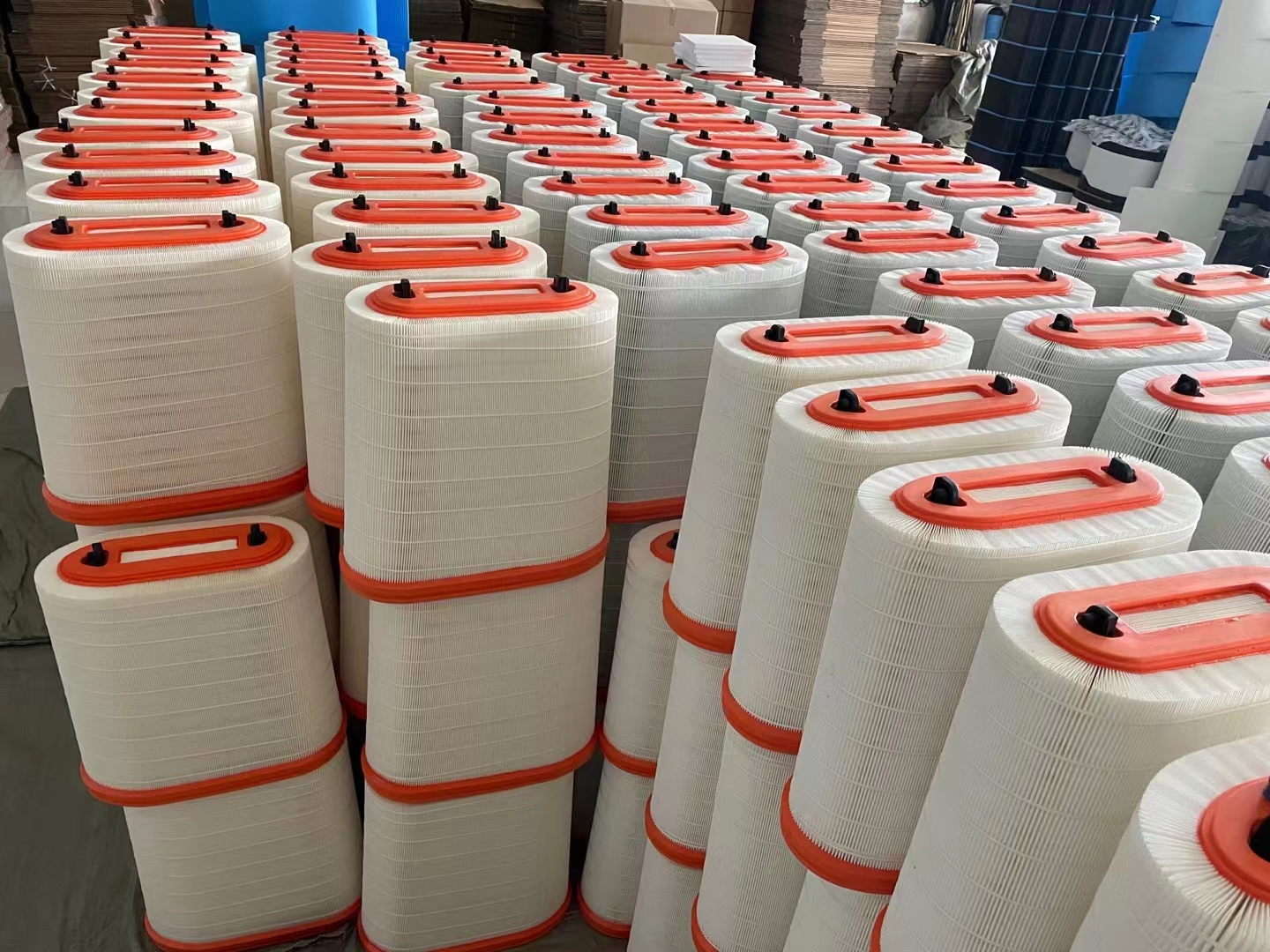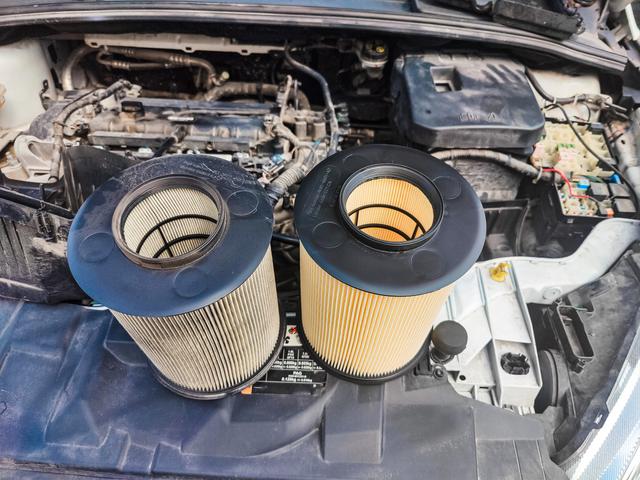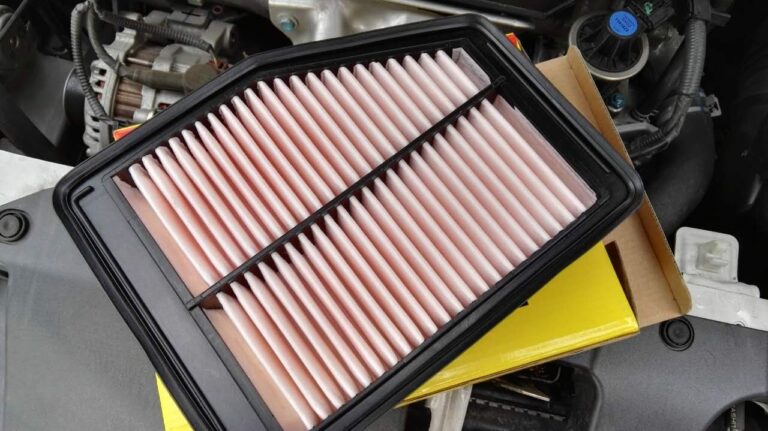Air Filters: A Crucial Component in Vehicle Maintenance
Air filters are an indispensable part of vehicle maintenance, playing a vital role in maintaining engine performance and extending the life of a car. This article will explore the basics of air filters, their application in automobiles, and how to choose high-quality air filters.
Basics of Air Filters
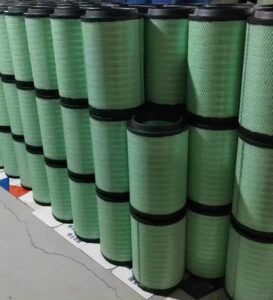
The primary function of an air filter is to filter out dust, dirt, and other particles from the air entering the engine. If these particles are not filtered out, they can damage the internal components of the engine, leading to a decrease in performance or even engine failure.
Types of Air Filters
There are several types of air filters:
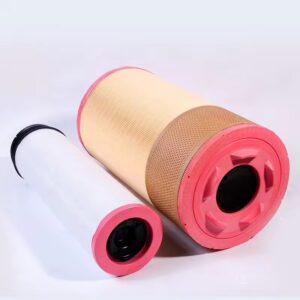
1. Mechanical Air Filters: This is the most common type, made of paper or other materials, and filters air through physical interception.
2. Oil-Immersed Air Filters: These filters use oil to capture and hold particles, suitable for high-load and high-performance engines.
3. Dry Air Filters: In contrast to oil-immersed filters, dry filters do not contain oil and are more convenient to maintain.
4. HEPA Air Filters: Although not common in cars, HEPA filters can provide a higher level of filtration, suitable for situations that require extremely precise filtration.
Application of Air Filters in Automobiles
The application of air filters in automobiles is crucial; they not only protect the engine from wear but also improve fuel efficiency and reduce emissions. Choosing the right air filter according to the type of vehicle and the driving environment is essential.
How to Choose High-Quality Air Filters
When choosing high-quality air filters, consider the following factors:
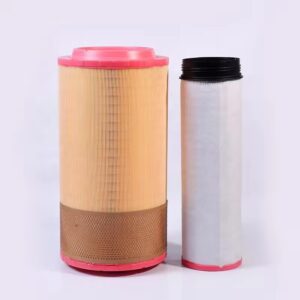
Manufacturer’s Reputation: Choose manufacturers with a good reputation, such as Xingtai Kale Machinery Parts Co., Ltd., which has over 10 years of production experience and cooperates with customers from hundreds of countries worldwide.
Material and Construction of the Filter: High-quality air filters should be made of durable materials and have efficient filtration performance.
Compatibility: Ensure the air filter you choose is compatible with your car model.
Replacement Cycle: Understand the replacement cycle of the air filter and replace it regularly to maintain the engine’s optimal performance.
Conclusion
Air filters are a key component in vehicle maintenance, and choosing the right air filter can significantly improve a car’s performance and lifespan. By understanding the different types of air filters and selecting reputable manufacturers, you can ensure the best protection for your vehicle.
FAQ
1.What is the purpose of an air filter in a car?
An air filter in a car is designed to remove dust, dirt, pollen, and other airborne particles from the air that enters the engine. This ensures that the engine receives clean air, which is crucial for maintaining optimal performance and prolonging the engine’s life.
2.How often should I replace my car’s air filter?
The frequency of air filter replacement can vary depending on the make and model of your vehicle, the quality of the filter, and the driving conditions. Generally, it is recommended to replace the air filter every 12,000 to 15,000 miles or as specified in your vehicle’s owner’s manual.
3.Can I clean and reuse my air filter instead of replacing it?
While some air filters are washable and reusable, most modern car air filters are disposable and should be replaced rather than cleaned. Reusing a filter can compromise its effectiveness and potentially harm the engine.
4.How do I know if my car’s air filter needs to be replaced?
Signs that your car’s air filter may need to be replaced include a decrease in fuel efficiency, poor engine performance, or difficulty starting the engine. A simple visual inspection can also reveal if the filter is excessively dirty.
5.What are the consequences of driving with a clogged air filter?
Driving with a clogged air filter can lead to several issues, including reduced engine performance, increased fuel consumption, and potential damage to the engine due to lack of sufficient airflow.
6.Are there different types of air filters for different vehicles?
Yes, there are different types of air filters designed for various types of vehicles and engines. For example, heavy-duty vehicles may require a different air filter than a standard passenger car, and high-performance engines might benefit from specialized filters like oil-immersed or HEPA filters.

